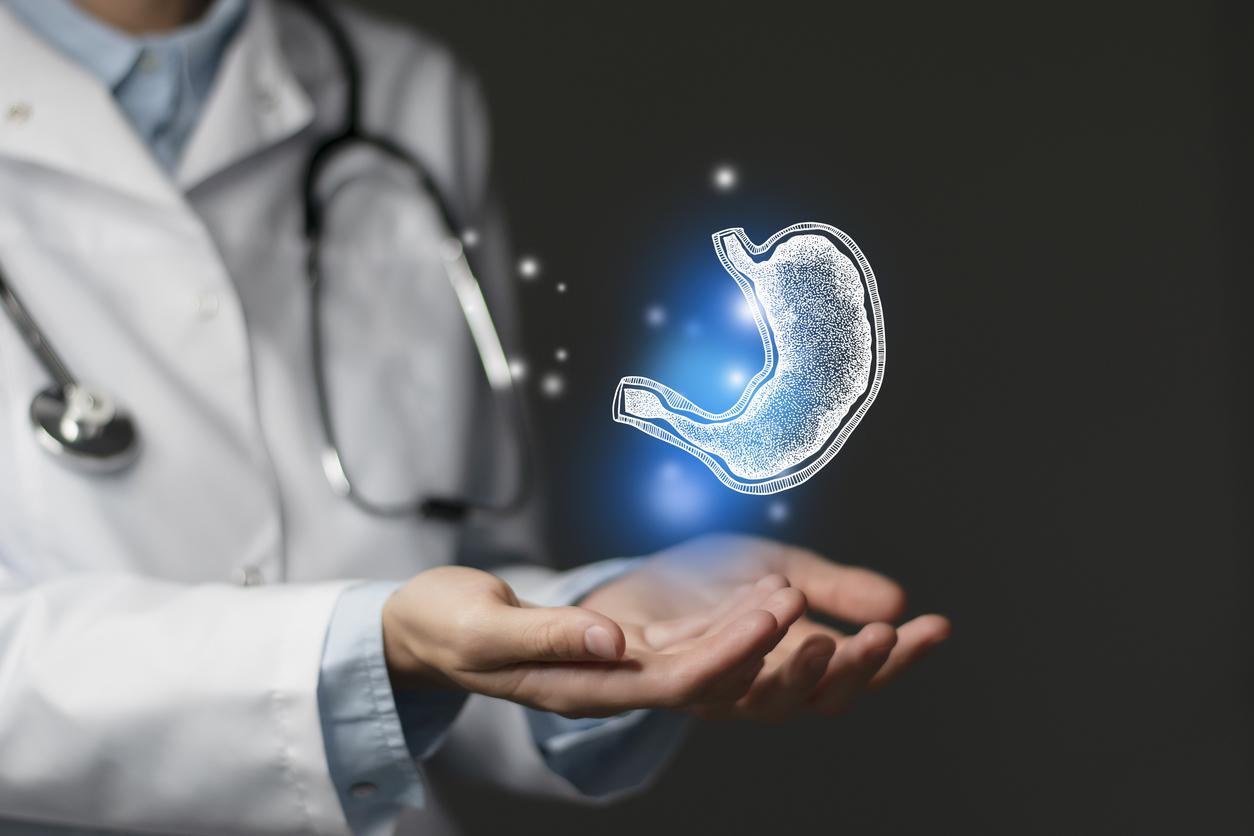The number and quality of a woman’s ovaries has no bearing on her risk of becoming obese or diabetic. This is revealed by a study conducted in Iran.
-1587038876.jpg)
- The link between menopause and cardiovascular disease suggested an influence of ovarian reserve on adiposity
- Iranian researchers have established that low ovarian reserve is not associated with risk of diabetes or obesity
Ovarian reserve affects fertility. Indeed, if this reserve is low in a woman, this means that she has few ovaries for her age, and that it will therefore be more difficult for her to become pregnant. However, its implications do not stop at fertility. Several studies have already suggested that a lower ovarian reserve is linked to an increase in fat storage and that it decreases the ability to produce insulin, which would make women more prone to the risk of developing diabetes.
However, are overweight women really less fertile? Does premature ovarian failure really increase the risks of becoming obese and diabetic? It is to these questions that researchers mainly from Shahid Beheshti University of Medical Sciences, in Tehran (Iran), became interested. They answered it in a study published in the journal Menopausethe newspaper of the North American Menopause Society.
1,015 women aged 20 to 50 followed for 16 years
To carry out their work, the researchers followed 1,015 women aged 20 to 50 for 16 years, focusing in particular on changes in their AMH levels. This is the anti-Müllerian hormone, present in the blood, which helps estimate a woman’s ovarian age and assess her fertility. Thus, the researchers used it to assess the level of ovarian reserve of the participants in the study.
Objective: To determine whether changes in adiposity and glucose metabolism parameters in women with low ovarian reserve differ from those in participants with high ovarian reserve.
AMH does not predict cardiometabolic risk
“Although previous research had clearly established a link between early menopause and the risk of cardiovascular disease, this study showed that a lower ovarian reserve, measured with AMH levels, was not associated, over time, to greater changes in adiposity and markers of glucose metabolism”reports Stéphanie Faubion, medical director of the North American Menopause Society, in a communicated published on the organization’s website.
Result: AMH does not predict cardiometabolic risks. Thus, the researchers came to the conclusion that a woman’s ovarian reserve was not associated with her risk of becoming obese or diabetic.
The “need” to conduct a new study
“New study is needed to determine the best way to predict cardiometabolic risk in women, with and without early ovarian failure, in order to initiate appropriate risk reduction strategies”believes Stephanie Faubion.
.















